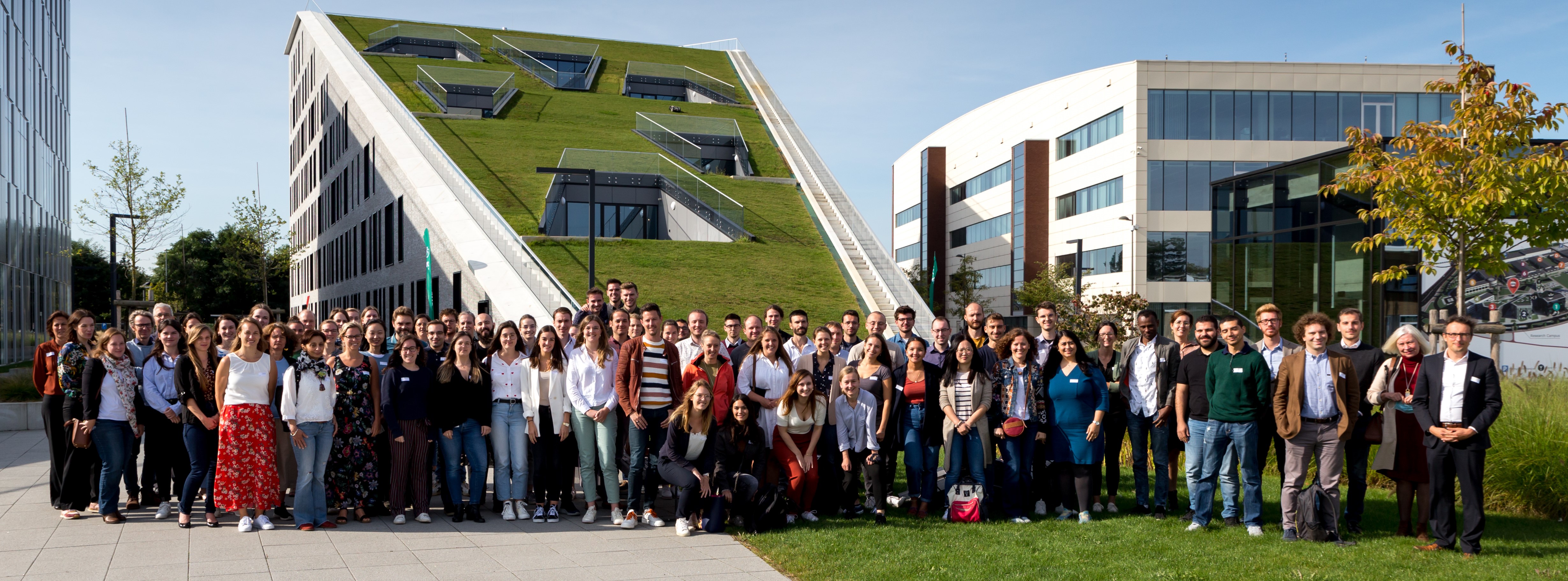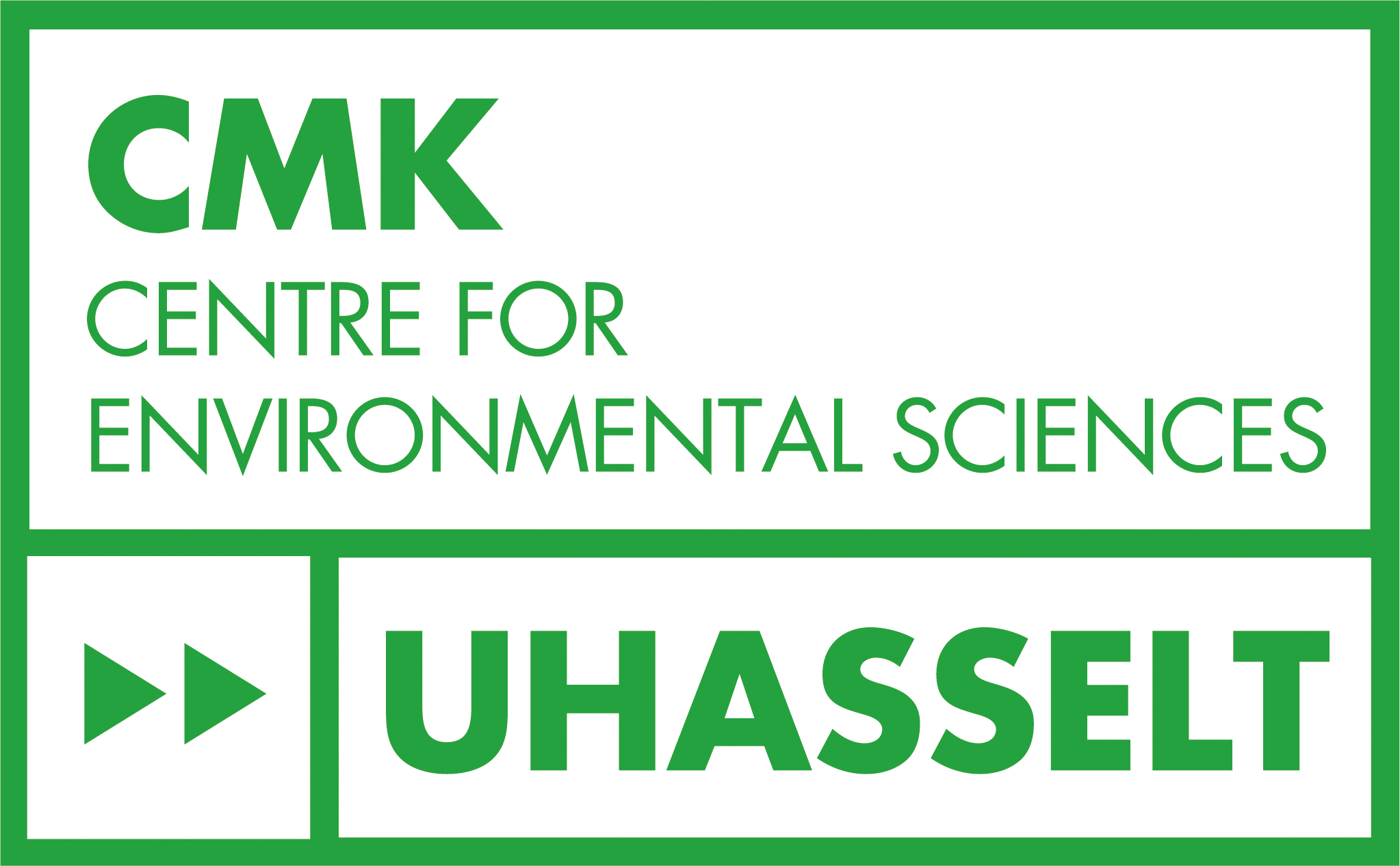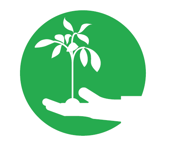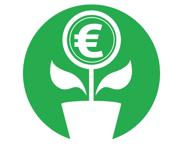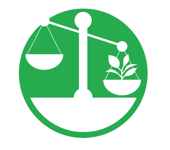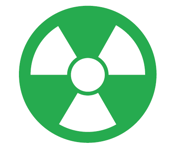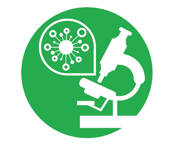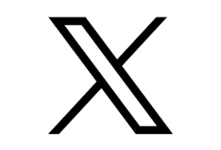CMK - Centre for Environmental Sciences
- Tackling environmental problems in an integrated, multidisciplinary way -


Not just a classical institute
At CMK, problems are tackled in a multidisciplinary way: Biologists, doctors, chemists, engineers, economists and lawyers work together. Always with one foot in society, we work in close collaboration with other institutes, companies, and policy makers.
Interested in a collaboration? We offer anything from the use of equipment to a fully holistic approach, dependent on your needs. Get in contact on cmk@uhasselt.be.
“At CMK, we tackle tomorrows environmental issues with a holistic, multidisciplinary focus. As an internationally renowned institution, we're committed to providing science-driven solutions that transcend academic boundaries, serving both business and society. Join us in shaping a sustainable future through rigorous research and actionable results”
Robert Malina | Director CMK
Meet our research teams
CMK@media
Get in contact
Location
HQ: UHasselt, Agoralaan z/n, Gebouw D, 3590 Diepenbeek
E-mail
cmk@uhasselt.be
Phone
+32 (0)11 26 85 89
